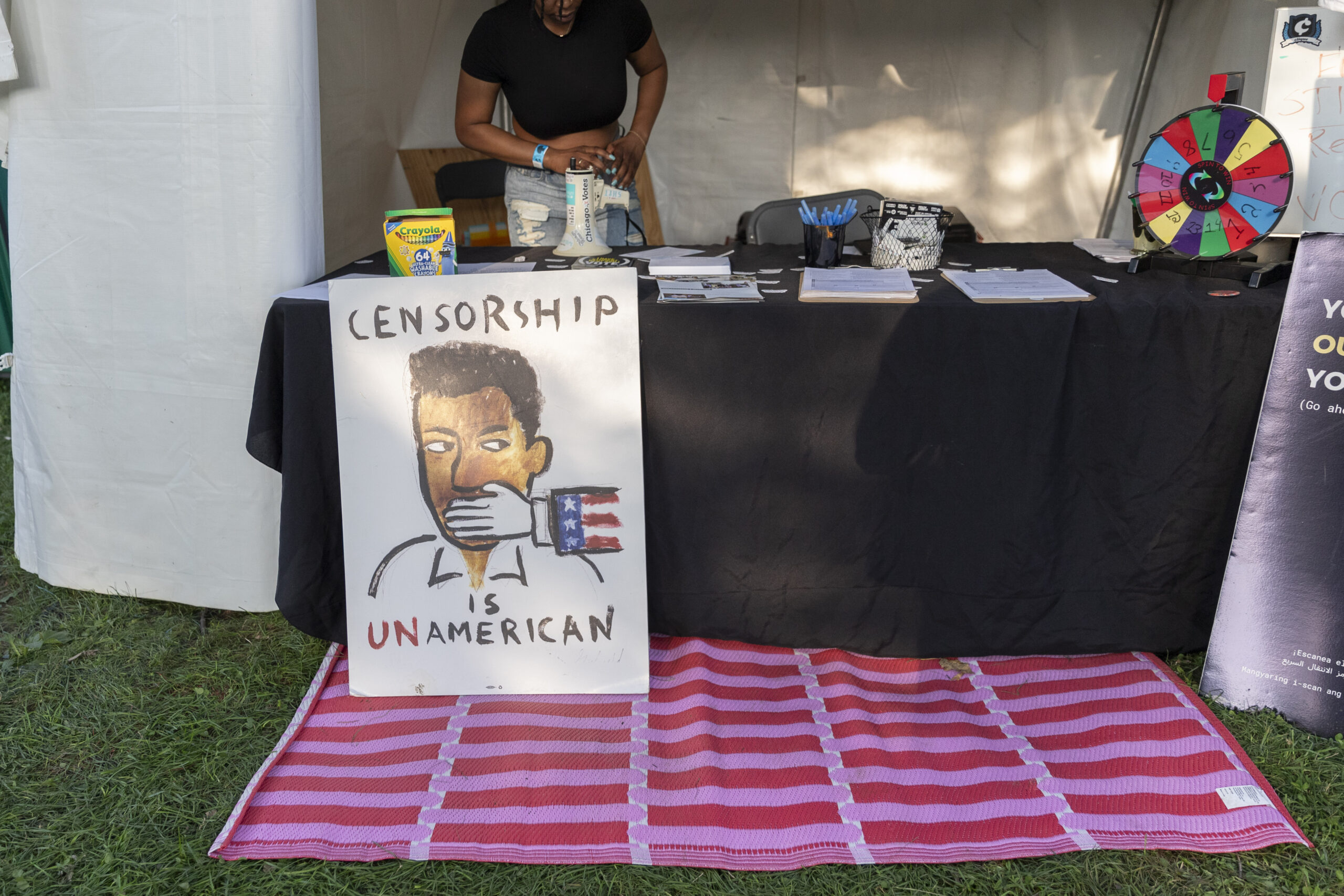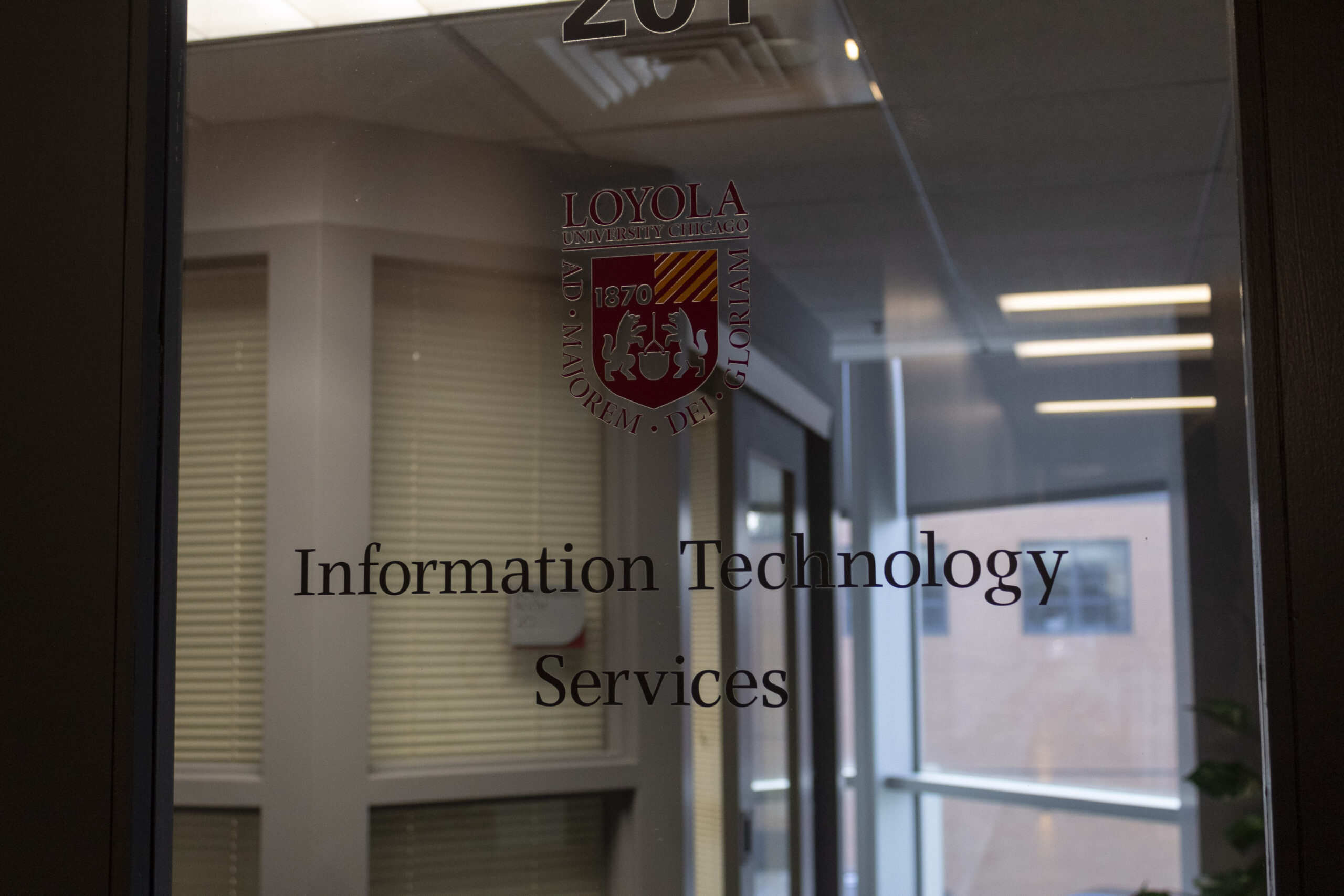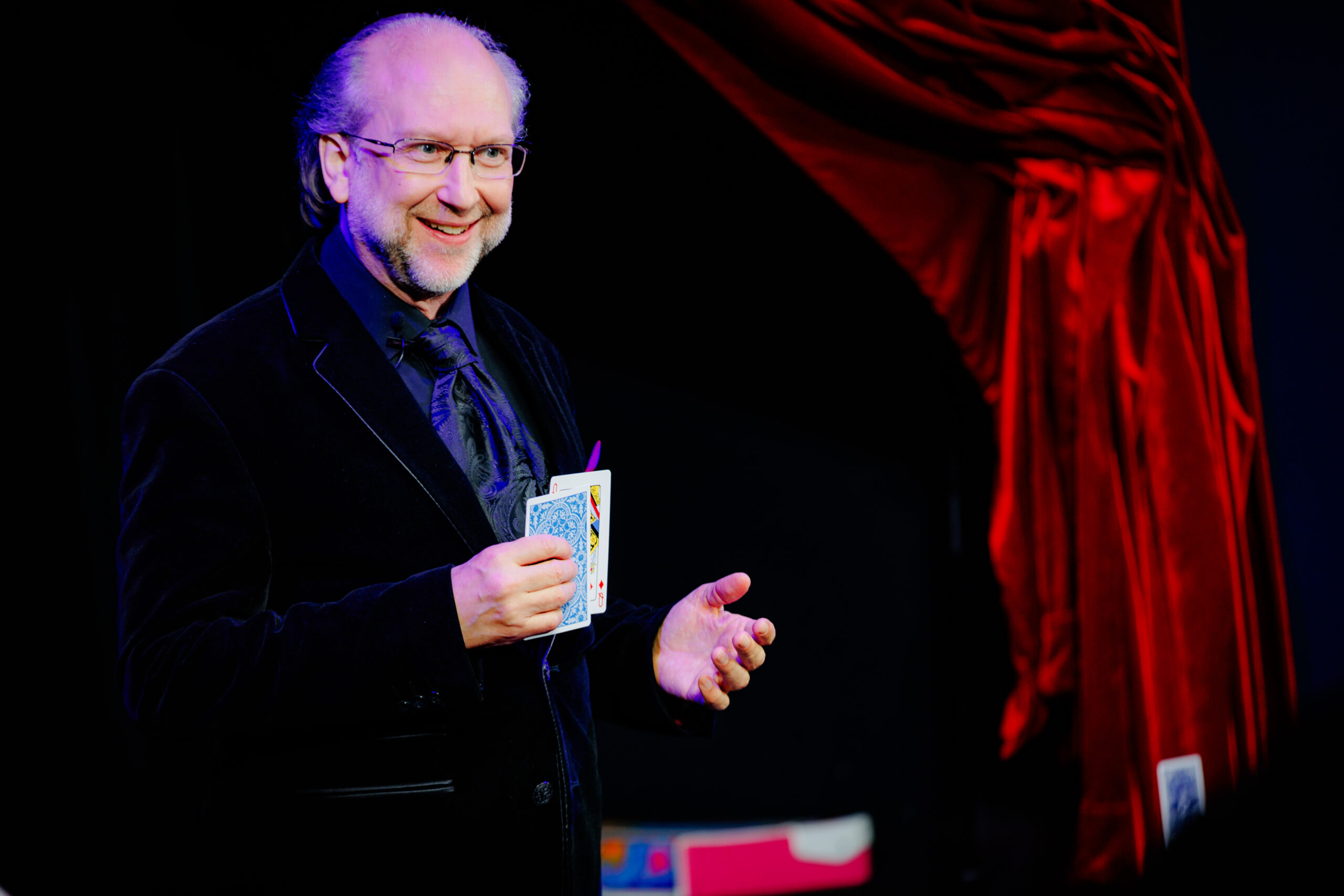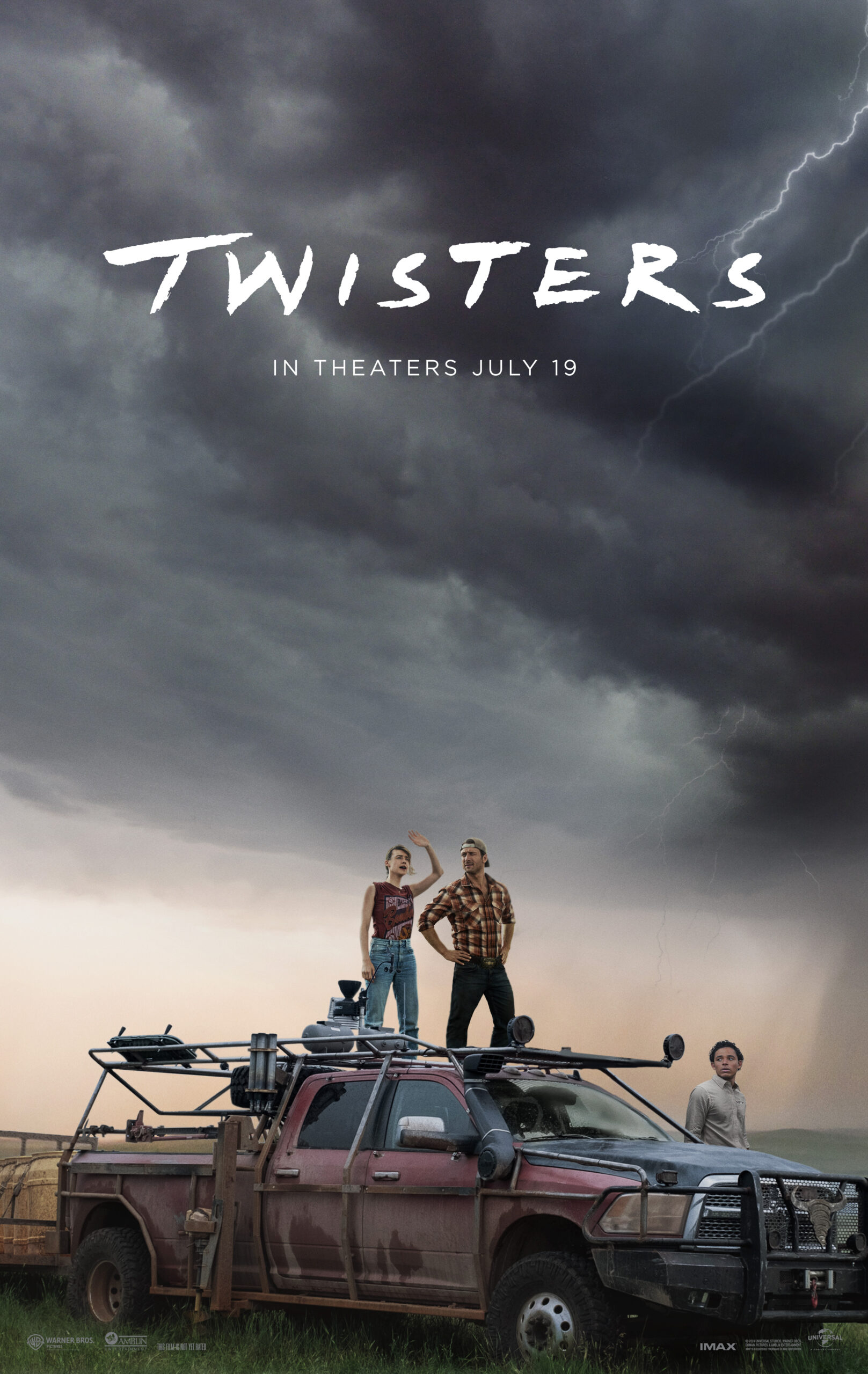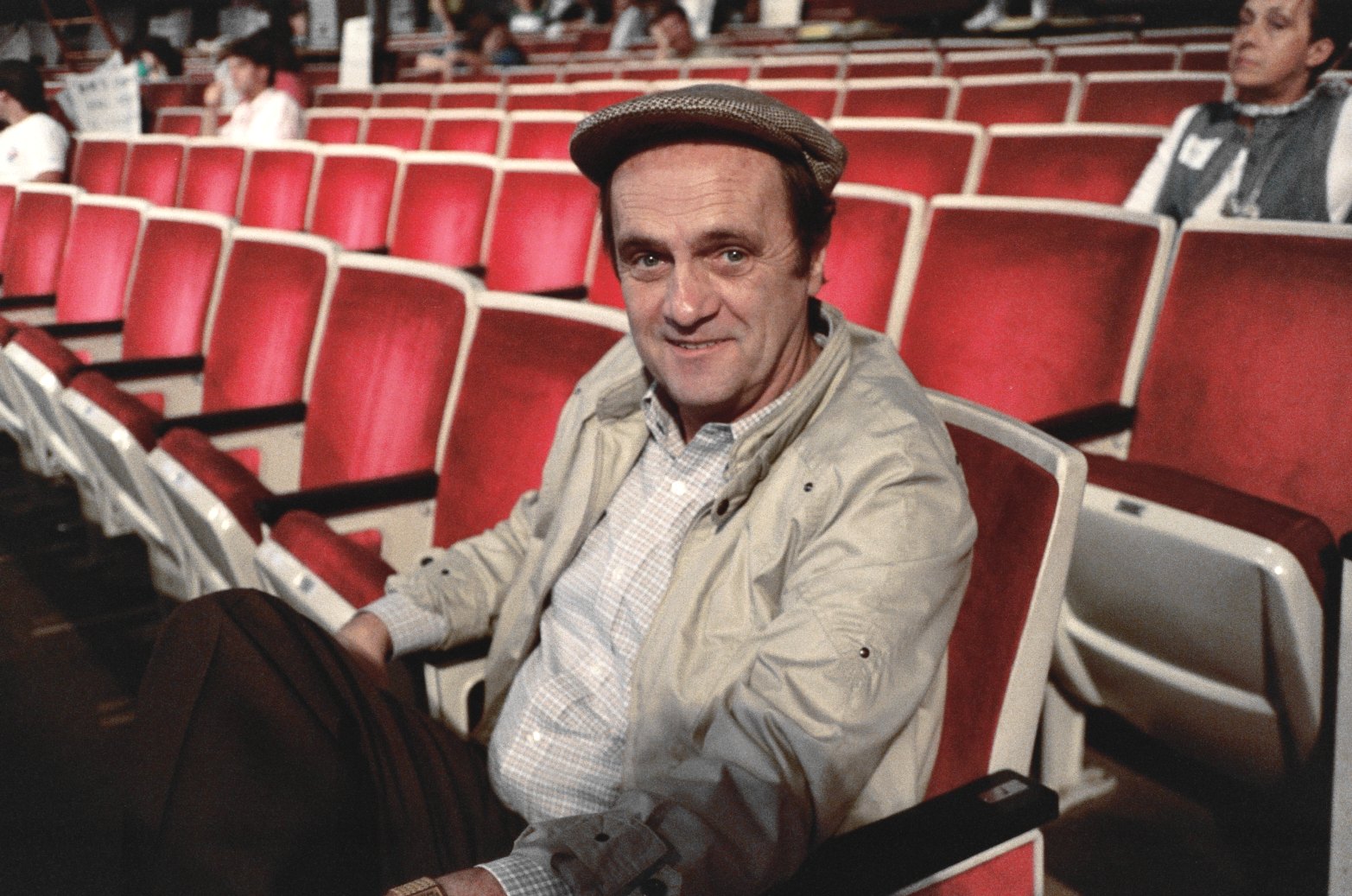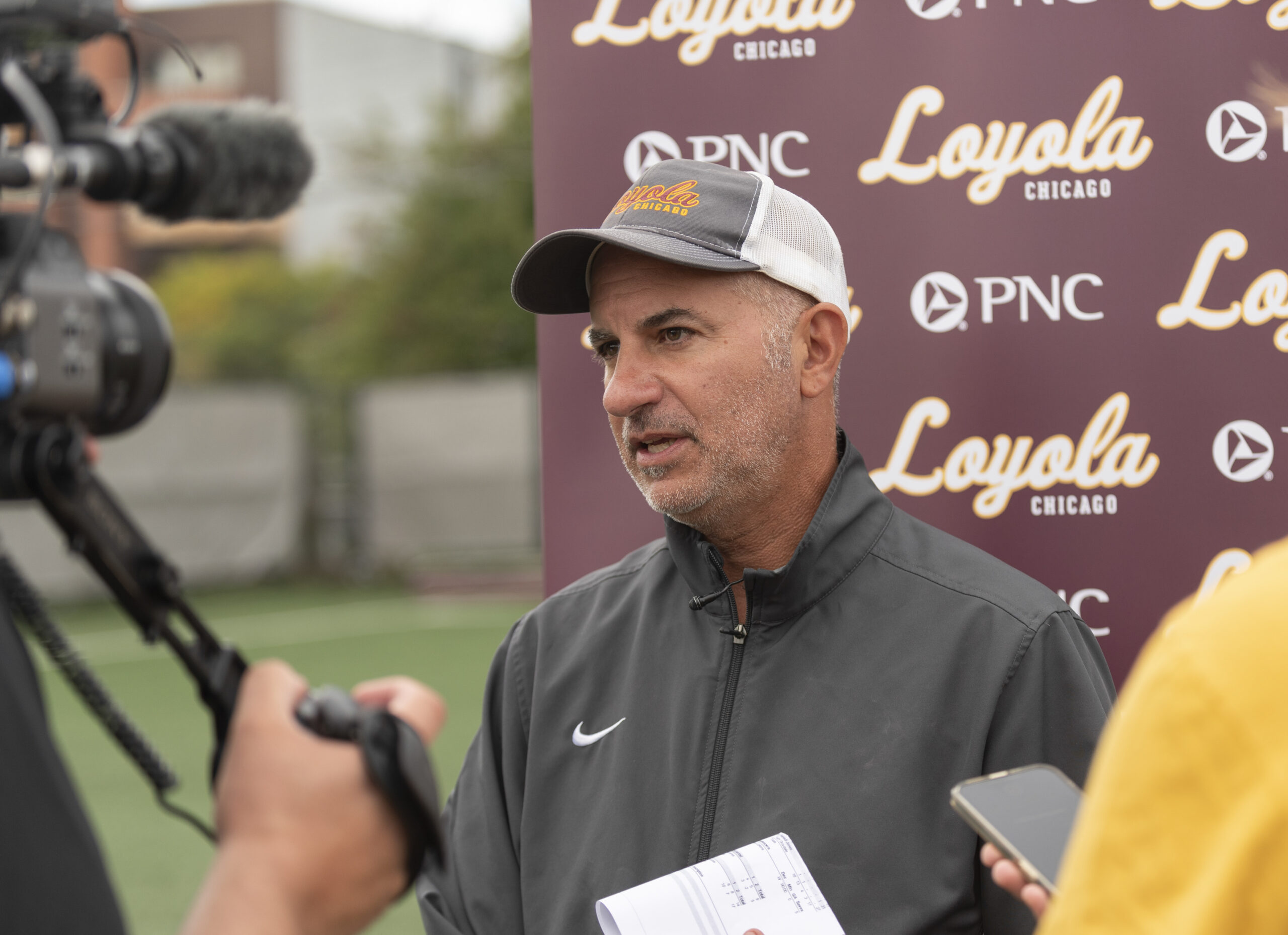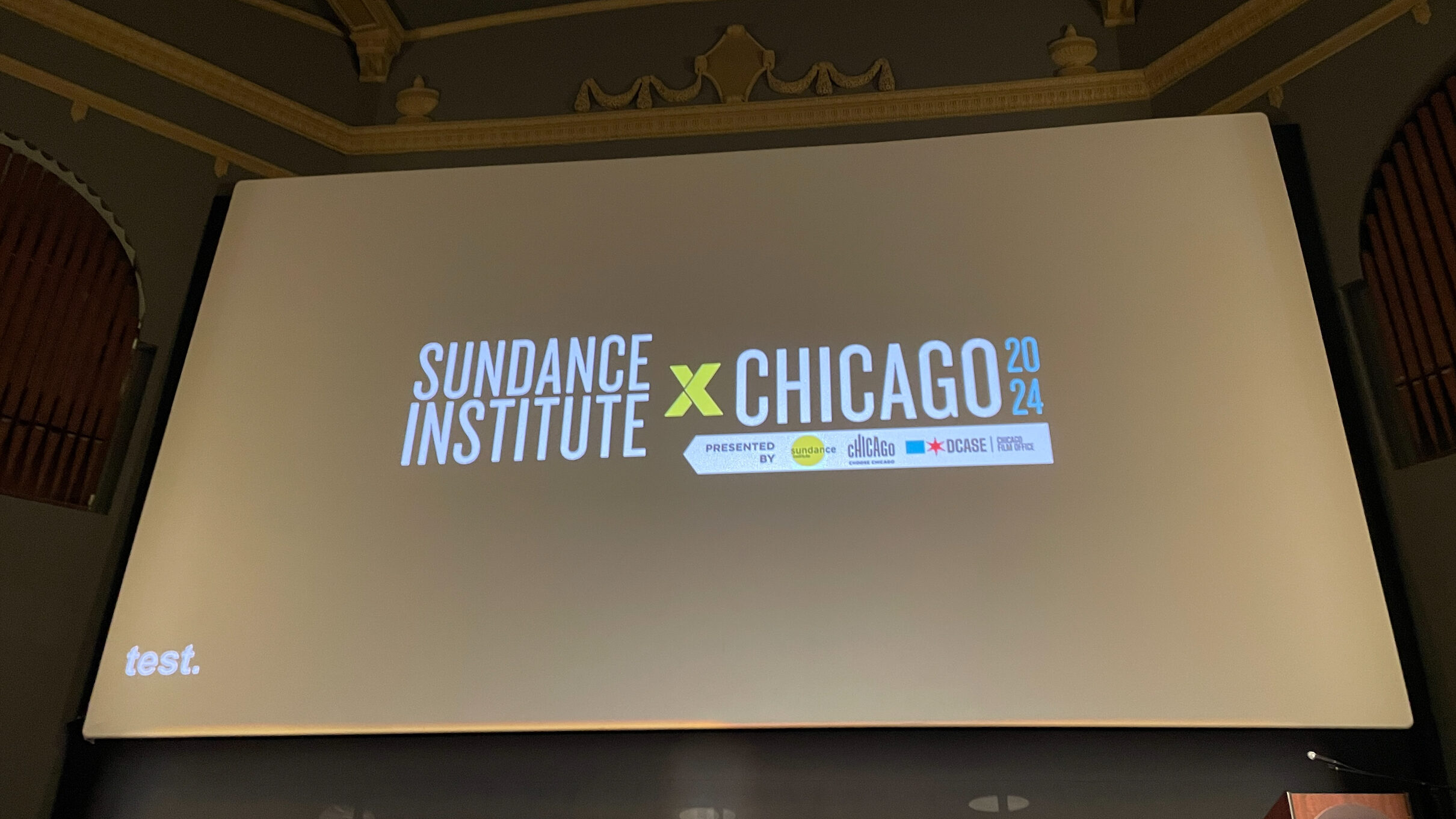The event was held in honor of Kristallnacht which occurred Nov. 9 and 10, 1938 in multiple German-occupied areas.
The Department of History and the University Libraries hosted Holocaust survivor Ida Paluch Kersz, age 84, on the fourth floor of the Information Commons to commemorate the 85th anniversary of Kristallnacht or the Night of Broken Glass.
The event showed a Deutsche Welle, a German broadcast company, documentary titled “Adam and Ida – Almost a Fairytale,” which tells the story of twins who were separated at the age of three under the Nazis regime and reunited 53 years later. The event concluded with a quick Q&A session with Paluch Kersz followed by a meet and greet.
The event was held in honor of Kristallnacht which occurred Nov. 9 and 10, 1938 in multiple German-occupied areas. Kristallnacht was a night of anti-Jewish violence and pogrom orchestrated by the Nazis named after the broken glass left on the ground, according to the United States Holocaust Memorial Museum. Many Jewish businesses, homes and synagogues were destroyed.
Elliot Lefkovitz, a former Loyola adjunct history professor and former member of the board of directors at the Illinois Holocaust Museum and Education Center, was involved in the planning of the event and introduced Paluch to the audience.
“This is an award-winning film, and I really didn’t know about the film until less than a year ago,” Lefkovitz said. “I saw the film and I knew we needed to show the film.”
At one point, Skokie had more Holocaust survivors than any other Chicago suburb numbering at least over 7,000 people, according to the Village of Skokie’s website. Lefkovitz said Skokie welcomed them “with open arms.”
Ida Paluch Kersz spoke at the first Loyola Kristallnacht event in 2013 and then again in 2017 with her brother Adam Paluch. This is the first year the documentary has been shown as part of the presentation.
Adam Paluch died in January 2022 due to complications of COVID-19. Ida Paluch Kersz went to the film premiere of “Adam & Ida – Almost a Fairytale” in Berlin, Germany in June 2022.
Patti Ray, founding Hillel director emerita and Hebrew program mentor of the department of modern languages and literatures, worked with the Department of History and University Libraries to bring in and honor speakers every year.
“How I came to help do this is because of my long relationship of 30 years with the history department and doing things in the university that relate to Jewish life and culture,” Ray said.
Ida Paluch Kersz has served on the Board of Directors at the Illinois Holocaust Museum and Education Center since the 1970s, according to Paluch.
Multiple news organizations covered their reunion in Poland in 1995, including the Chicago Tribune. Her book, “Unveiled Memories: Twins Reunited After the Holocaust,” was published in 2019.
Ida Paluch Kersz was born in 1939 in Sosnowiec, Poland to Jewish parents. By 1942, her father had volunteered for the Polish army and her family had moved into a Sosnowiec ghetto. The documentary highlighted her memories of the violence from the Gestapo.
While there, her mother died by suicide, leaving her older sister Genia to take care of her and her twin brother.
In 1942, Ida Paluch Kersz was taken in by Polish Christians Wilhem and Josefa Maj as their daughter, given the name Irine. Later, Wilhelm Maj was shot by the gestapo, according to the documentary.
Ida Paluch Kersz’s father came back from the military and assumed his son had died. He raised Ida Paluch Kersz as Jewish once again.
Paluch was taken in by another Polish couple who gave him the name of Jerzy Dolebski, according to the documentary. He ran away from his cruel adoptive parents many times and later in life, he declared he wouldn’t shave his beard until he found his biological family.
The documentary consisted of interviews with the twins about what they remembered and how their lives went different directions.
Paluch wrote in a newspaper how he was looking for his family after the Holocaust. A friend of Paluch Kersz mailed her this clipping and she reached out to him. Paluch Kersz compared the picture of her brother to a picture of her grandfather and the two looked similar enough for her to be convinced.
After many phone calls, Paluch Kersz went to Poland to meet him in 1995 — and Paluch finally shaved his beard.
“I didn’t give up hope and I really got my reward,” Paluch Kersz said in the documentary.
Paul Voelker is the director of the IC and began working for Loyola in 2013 — the first year this event was held. He discussed the flexibility the libraries have to put on events.
“Libraries are kind of an interdisciplinary section on campus where people come from all different majors,” Voelker said. “We can do things that a particular department may have a specific curricular focus, but we can support activity beyond a standard curriculum.”
Natalie Ramirez, treasurer of Loyola-Israel Student Alliance said she learned more about the personal experiences of the Holocaust at the event.
“Even though I knew it’s something that I knew happened, just hearing it and how you could see in her eyes that she remembers every single person that she saw killed,” Ramirez said. “That is what really touched me the most.”
Elise Martel Cohen, advanced lecturer in the sociology department, said they have lost family members in the Holocaust.
“The honesty of when she meets her father and feeling that hatred or didn’t want to be a Jew, that was really powerful,” Martel Cohen said. “Just the honesty and bravery of owning when our thoughts, our biases get in the way is just so powerful.”
Featured image by Amber Cerpa / The Phoenix




